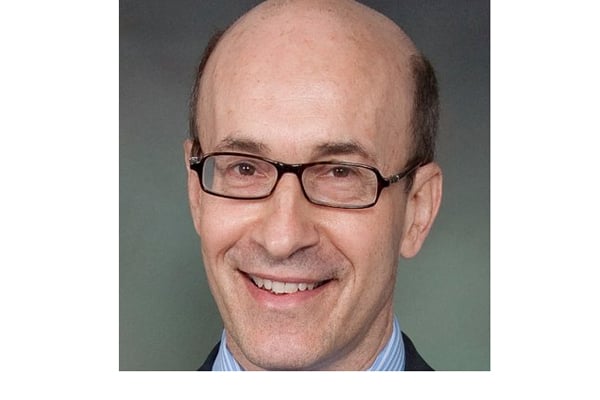Prime
Rethinking climate finance for the developing world

Kenneth Rogoff
What you need to know:
- ‘‘Climate financing for low-income countries must prioritise grants over loans”
Speaking to the Financial Times at the June 22-23 Summit for a New Global Financing Pact in Paris, Kenyan President William Ruto called for the establishment of a “global green bank” that would assist developing countries in mitigating the effects of climate change without further exacerbating their already-unsustainable debt levels. This thoughtful and important proposal is one that rich countries must consider if they are serious about tackling climate change, fostering peace, and prosperity in the developing world.
Until recently, developing economies’ only bargaining chips were their abundant natural resources and cheap labour. But climate change has enhanced low-income countries’ bargaining power and altered the dynamics of North-South relations. Developing countries are no longer willing to be bullied into taking on massive debt to finance green development, especially when cheaper alternatives are available.
Affluent countries’ ongoing efforts to persuade low-income countries to assign a higher value to the global commons than they themselves have done are doomed to fail. Although incentives have aligned in some cases, aided by the falling costs of solar and wind energy, developing economies often find it far more cost-effective to follow in the footsteps of advanced economies and rely on fossil-fuel technologies.
The war in Ukraine has laid bare the developed world’s hypocrisy. For years, developed countries have advised developing economies against using fossil fuels, routinely denying them development loans for gas and oil projects, particularly when intended for domestic consumption. But since the Russian invasion, European leaders have been pressing African countries to ramp up gas production so that it could be converted to liquefied natural gas and shipped to Europe. Germany has even reopened its coal-fired power plants.
Besides Ruto’s proposal for a green bank, other observers have suggested alternative approaches to providing developing countries with the financing they need to complete the clean-energy transition. For example, one proposal advocated by several prominent commentators calls for reducing foreign investors’ exposure to exchange-rate risk in developing economies.
But this proposal is misguided. Given that a large part of exchange-rate risk is rooted in sovereign risk, it cannot be eliminated through financial engineering alone. The main threat to exchange rates, after all, is the strong incentive for cash-strapped governments to inflate away debt. Subsidizing a huge increase in debt in developing countries is not a solution to global warming but a recipe for another debt crisis. Climate financing for low-income countries must prioritise grants over loans.
While the Bretton Woods institutions serve an important purpose, their financial and governance structures, as well as their existing resources, are inadequate. The International Monetary Fund and the World Bank primarily provide loans, not the outright grants that developing countries need.
Another solution I have advocated in recent years is the establishment of a World Carbon Bank to support technology transfers, provide unbiased country reports on issues related to global warming (for example, monitoring carbon-credit schemes), and facilitate large-scale aid financing. While agencies such as the US International Development Finance Corporation have initiated some climate projects, their scale falls short of what is needed to address global warming.
For far too long, rich countries have lectured developing economies about climate change while failing to heed their own advice. Hopefully, innovative proposals such as Ruto’s global green bank idea could foster a more constructive, equitable debate.
Authored by Kenneth Rogoff is a former chief economist of the IMF
-- Project Syndicate




